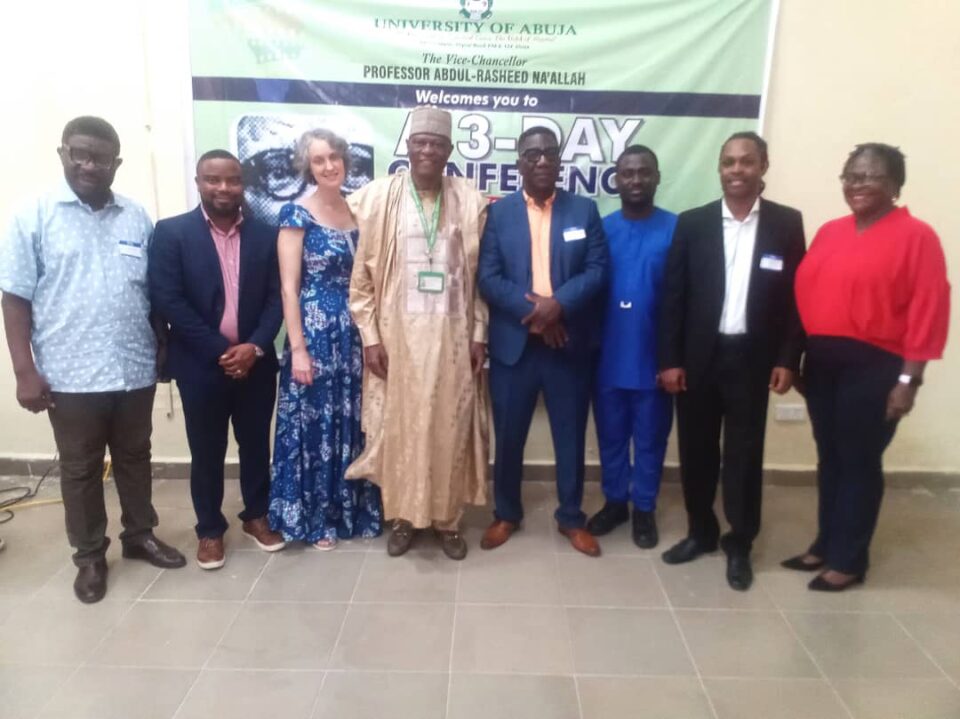By Felix Khanoba
The Vice Chancellor of University of Abuja (UniAbuja), Professor Abdul-Rasheed Na’Allah, has called for more government support for the Nollywood industry to turn around the economic fortunes of the country.
Na’Allah made the call at the opening session of a three-day conference organised by the university in honour of an erudite scholar, Professor Onookome Okome, on Wednesday in Abuja.
Speaking at the conference, which has its theme as ‘Decolonizing African Cinema in the Age of Media Streaming’, Na’Allah said there is a need for the government to leverage global acceptance of Nollywood to shore up the nation’s economy.
“Nollywood today is the second-largest film industry in the world. Nollywood took the world by surprise because they did not understand the creativity that was coming out of Africa. When Nigeria, the largest country in Africa, took a thriving position by creating uniquely African films, it became a surprise to the world…..
“The government has to create more support for Nollywood, and Nollywood will change the fortunes in terms of the economy of this nation,” he said.
While saying Nigeria has become more popular as a result of Nollywood, Na’Allah said the film sector is a multimillion-dollar industry that is creating wealth for many people.
“It is creating a foreign reserve for Nigeria; huge money; Netflix is already showing Nollywood regularly,” he said.
The Vice Chancellor lavished praise on Onookome for his massive contribution to the Nollywood industry, saying the honour done to him was well deserved.
“It is the celebration of one of the brains in the scholarship of Nollywood, one of the few people that began as early as that time, that explained to the world the meaning of African cinema, Nollywood. “The University of Abuja is very proud to host this conference as a university with a theatre art. As a university that now has a degree programme in film studies, we are so proud to host this conference,” he added.
On his part, Professor Onookome, who is a lecturer at the University of Alberta, Canada, harped on the need to decolonise African cinema from foreign influence.
“The original thing since Independence is that the Europeans created the knowledge for us and brought it to us, but for the very first time in the history of scholarship in this country, we created the knowledge and gave it back to them, so wherever they say, it will be complementary to what we do, and we can always contest that,” he said.
The scholar, who has over 40 essays on African films to his name, lamented how the western world is making corporate capital from Nollywood, which is negatively affecting the sector.
“In 2010 or thereabout, Nollywood contributed four percent of the GDP of this country, and that was tremendous, but what is happening to Nollywood today is that the West has corporatised Nollywood, so we no longer get that kind of return because it is all streaming, which is what the conference is all about, and streaming gives the film makers very little money….
“The corporatisation of Nollywood is a very significant event in the industry, and this is what is ruining Nollywood. You cannot say this is the Nollywood we knew 10 years ago; it is a different kind of Nollywood,” Onookome said.
The AUTHORITY reports that the event, which attracted Nollywood and Kannywood stakeholders from across the country, among other dignitaries, also witnessed paper presentations and cultural displays.



